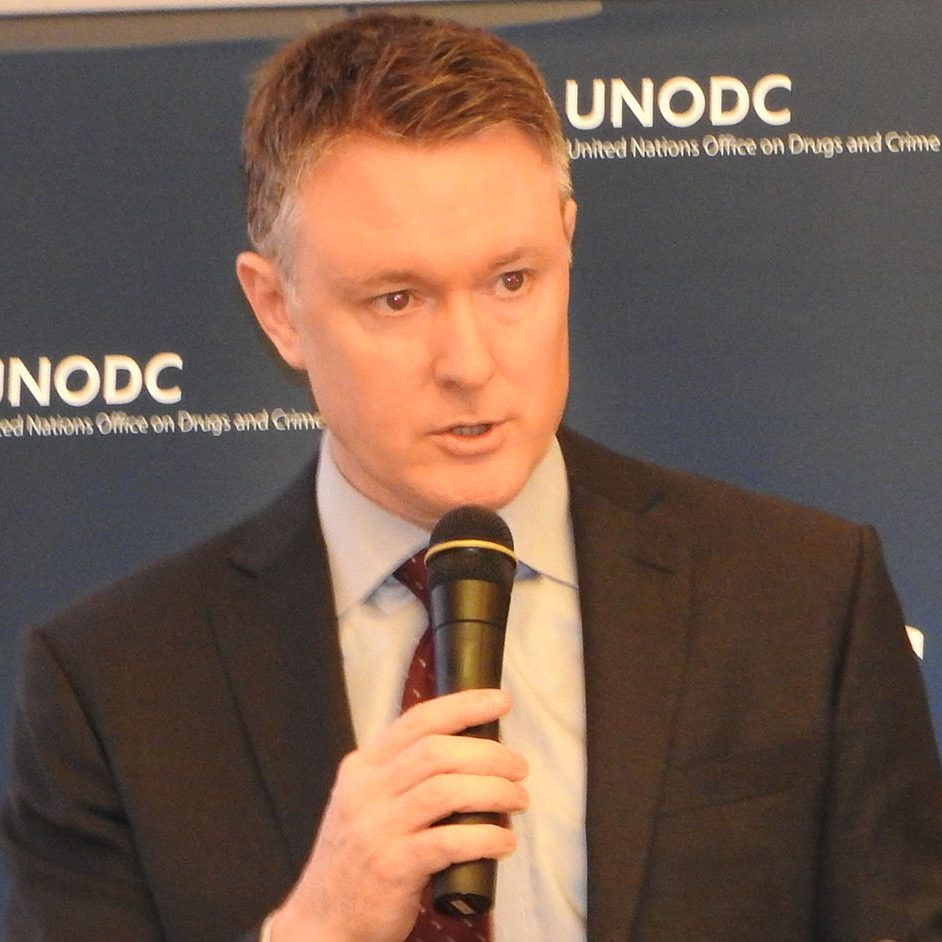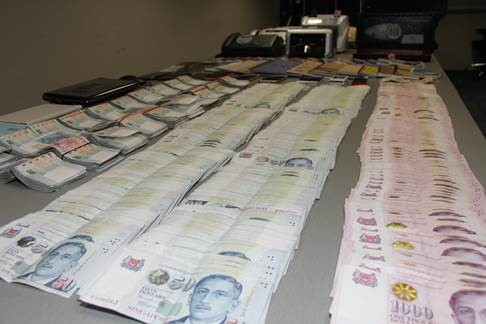A newly released report by the United Nations Office on Drugs and Crime sheds light on the alarming role of casinos, junkets, and cryptocurrency in driving the underground banking and money laundering infrastructure in East and Southeast Asia.
Titled ‘Casinos, Money Laundering, Underground Banking, and Transnational Organized Crime in East and Southeast Asia: A Hidden, Accelerating Threat‘ the study underscores the interconnectedness of illegal online casinos, e-junkets, and cryptocurrency exchanges, contributing to the rise of transnational organized crime in the region.
The analysis by UNODC estimates over 340 licensed and unlicensed land-based casinos operating in Southeast Asia as of early 2022. Most of these have shifted online, offering live-dealer streaming and proxy betting services.
The formal online gambling market is projected to exceed $205 billion by 2030, with the Asia Pacific region representing the largest share of growth.
According to the report, the surge in underregulated online gambling platforms and crypto exchanges has revolutionized the illicit economy, enabling faster anonymized transactions and providing new opportunities for organized crime.
The development of scalable, digitized casino- and crypto-based solutions has intensified criminal activities across Southeast Asia, particularly in the Mekong region.

Jeremy Douglas, UNODC Regional Representative for Southeast Asia and the Pacific, emphasized how online casinos have become vehicles for money laundering, allowing major organized crime groups to move and launder massive volumes of state-backed fiat and cryptocurrencies.
‘Southeast Asia’s economies have developed rapidly over recent decades as significant amounts of foreign direct investment for large-scale projects have poured into the region. However, in some cases, SEZ and casinos may also be enabling organized crime groups to traffic various illicit goods and launder money,’ the report points out
‘These risks are of particular concern in the Mekong countries, which have a long and well-documented history of organized crime and illicit economic activity, in part due to broader geopolitical circumstances, but also as a result of the social and political environment within the region’
Research carried out by UNODC to understand the illicit financial flows (IFFs) in the
Mekong region suggests that the scam industry in one country in the region may be generating between $7.5 and $12.5 billion, which is half this country’s gross domestic product (GDP).
The report also reveals the diversification of illegal online casino operations into cyberfraud and cryptocurrency laundering, with evidence of organized crime influence in various areas, including those controlled by armed groups in Myanmar.
Tech advances boosting illegal online gaming

The swift integration of technology, such as mirror websites, cryptocurrency, and third-party betting software, has facilitated the easy establishment of online casinos in East Asia, regardless of local gambling regulations.
This trend has led to a surge in illegal cross-border gambling activities, prompting intensified law enforcement efforts.
‘For instance, an organized crime syndicate operating out of Macau SAR may run
websites hosted in Taiwan while being licensed in Cambodia with customers in
China. It makes it extremely difficult to determine under which country’s jurisdiction any related crimes may be taking place,’ the report warned.
In 2020, Chinese authorities arrested over 75,000 suspects involved in illegal cross-border gambling, with 600 extradited from countries like Cambodia, Malaysia, Myanmar, the Philippines, and Vietnam.
China reported raids on more than 2,260 online betting platforms and 1,160 betting promotion platforms in the same year, shutting down nearly 1,960 illegal payment platforms and underground banks. These actions were part of addressing over 3,500 cross-border gambling cases.
The crackdown continued into 2022, with Chinese police investigating over 37,000 cases related to cross-border gambling. Nationwide police operations since the beginning of 2022 led to the busting of more than 2,600 online gambling platforms, 1,100 casinos, and over 2,500 illegal payment platforms and underground banks.
In 2023, investigations targeted 1,200 technical support teams and 1,600 platforms promoting gambling.
The escalating numbers reflect the challenges authorities face in curbing the proliferation of online gambling, prompting a need for international collaboration and stronger regulatory measures. The report highlights the global nature of the issue and emphasizes the urgency for coordinated efforts to tackle the growing threat posed by the expanding online casino landscape in the region.
Recommendations

The regional UN agency also outlined policy developments and enforcement measures implemented by governments in response to illegal casino-based capital outflows, corruption, and money laundering.
The report empahised the urgent need for enhanced law enforcement efforts to tackle organized crime in Southeast Asia, focusing on online scams, fraud operations, trafficking for forced criminality, money laundering, and allegations of official complicity.
The proposal suggests establishing specialized units at the national level, comprising agencies dealing with various forms of criminal activity, including money laundering, counter-trafficking, corruption, and cybercrime.
This model should be extended to the regional level, allowing domestic forces to coordinate information sharing and implement a comprehensive regional response plan.
To combat online scams and fraud effectively, the advisory encourages collaboration between law enforcement agencies and cyber and technology companies. This partnership aims to leverage the capabilities of technology firms to complement the investigative efforts of enforcement agencies.
Additionally, the advisory emphasizes the importance of collecting and documenting information, intelligence, and evidence during debriefings with rescued and repatriated victims.
This approach ensures that victim testimonies are captured and utilized in investigations and prosecutions. It also helps in understanding trends related to transnational organized crime (TOC) and trafficking in persons, contributing to a more effective response to these criminal activities in the region.
The UN agency also underlined the widening gap between organized crime and enforcement authorities, urging Southeast Asian countries to address this criminal landscape to prevent broader consequences.
The study concludes with recommendations aimed at strengthening knowledge, awareness, legislation, policy, and enforcement responses in the region to curb the escalating threats posed by the nexus of casinos, junkets, and cryptocurrency in fueling transnational organized crime.











